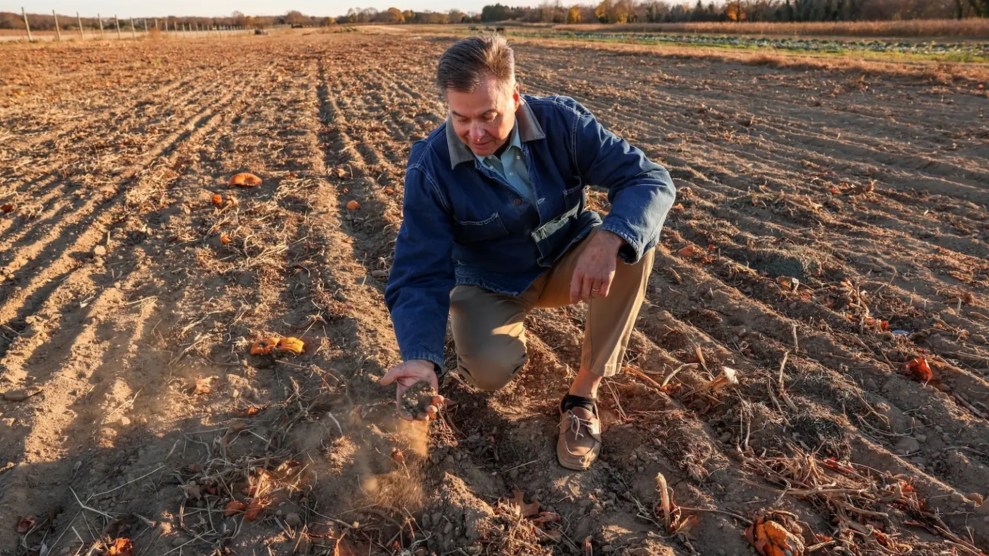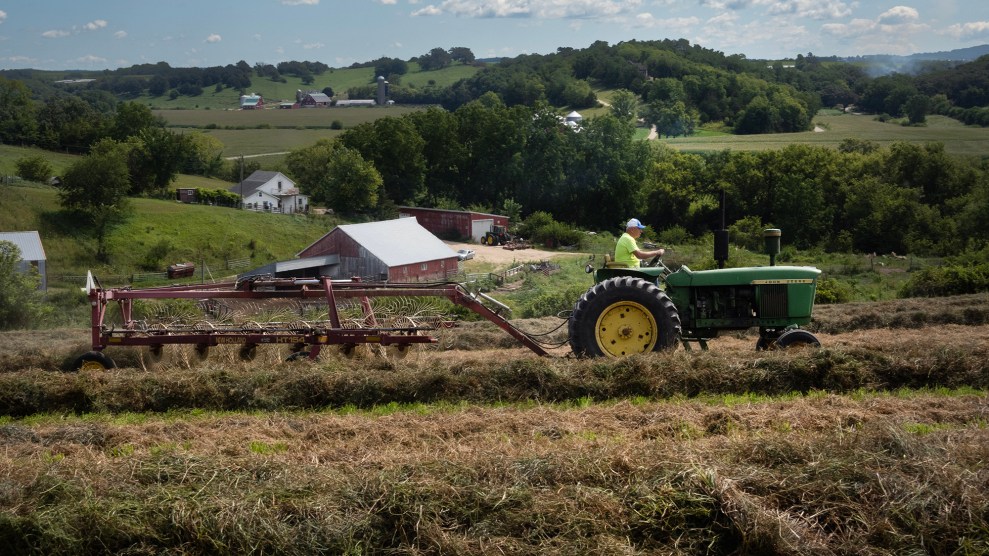>
The ongoing LA Times investigation of conditions on the Mexican farms that grow much of our produce (latest installment here) got me digging around for more information. That’s how I how I found the above short documentary, Paying the Price: Migrant Workers in the Toxic Fields of Sinaloa, by the Mexico-based Tlachinollan Human Rights Center, a MacArthur-funded group that “defends the rights of the indigenous and poor people living in the mountain and Costa Chica regions of Guerrero, Mexico.”
Paying the Price traces the movements of a group of workers from a tiny village called Ayotzinapa, in the southern state of Guerrero, north to a large produce farm in the ag-heavy state of Sinaloa, which churns out huge amounts of food for export to the US. (Ayotzinapa recently gained infamy after 43 students from a rural teachers college based there were kidnapped and probably massacred, under circumstances that are shaking the foundations of the Mexican state.)
The film—about 36 minutes long, subtitled in English—is extraordinary, because it includes in-depth interviews from a variety of players on a big farm that grows vegetables for the US and Canadian markets: everyone from the farm owner to several workers to the labor contractors that bring them together. The farm owner claims the workers get a good a good deal; the workers complain bitterly of pay so low that they leave the several-month stint of hard labor with little to show. Two highlights:
• Starting about at the 18-minute mark, there’s a detailed and sensitive exploration of child labor. The LA Times piece reported that child labor has been “largely eradicated” at the mega-farms that directly supply huge US retailers like Walmart, but that it’s still common on mid-sized farms, some of whose produce “makes its way to the US through middlemen.” That’s the case with the operation depicted in this video. The farm owner basically throws his hands up on the topic, claiming that the workers insist on having their children toil in the fields. By the end of the section, though, you realize that people wouldn’t choose to commit their children to hours of hard labor if they weren’t living in poverty and desperately trying to earn enough to survive.
• Starting about 25:50, there’s a chilling section on pesticide use. We see crop dusters roaring over fields amid chemical clouds; men whose faces are covered in in little more than rags operating backpack sprayers; women complaining that nearly all the children in the camps are sick, some of it possibly linked linked to pesticide exposure, and that medical services are woefully inadequate; and worker advocates claiming that regulation of pesticide use is weak and enforcement nearly nonexistent.
In all, Paying the Price is essential viewing for anyone who wants to know what life is like for the people who grow our food.

















